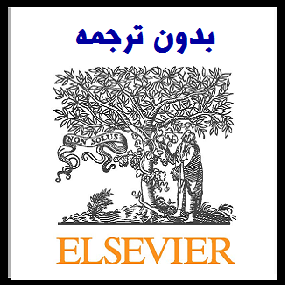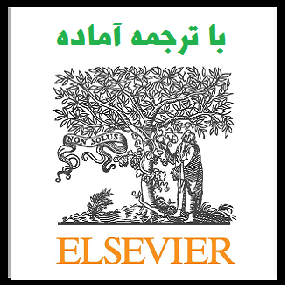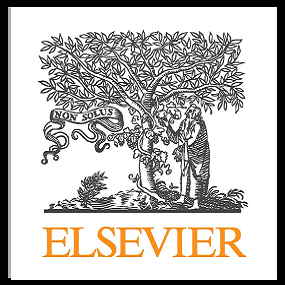دانلود رایگان مقاله پزشکی دقیق در انکولوژی کودکان – سال 2020


مشخصات مقاله:
عنوان فارسی مقاله:
پزشکی دقیق در انکولوژی کودکان
عنوان انگلیسی مقاله:
Precision Medicine in Pediatric Oncology
کلمات کلیدی مقاله:
پروفایل ژنومی نسل بعدی توالی کودکان سرطانی، داروهای دقیق درمان هدفمند
مناسب برای رشته های دانشگاهی زیر:
پزشکی
مناسب برای گرایش های دانشگاهی زیر:
خون و آنکولوژی، پزشکی کودکان
وضعیت مقاله انگلیسی و ترجمه:
مقاله انگلیسی را میتوانید به صورت رایگان با فرمت PDF با کلیک بر روی دکمه آبی، دانلود نمایید. برای ثبت سفارش ترجمه نیز روی دکلمه قرمز رنگ کلیک نمایید. سفارش ترجمه نیازمند زمان بوده و ترجمه این مقاله آماده نمیباشد و پس از اتمام ترجمه، فایل ورد تایپ شده قابل دانلود خواهد بود.
قسمتی از مقاله انگلیسی:
INTRODUCTION
Dramatic improvements in clinical outcomes have been seen for children and adolescents with cancer over the past 5 decades.1 The improvement in survival is attributed primarily to risk-stratification of therapies and treatment intensification with cytotoxic chemotherapy and multimodal approaches. However, accelerating the progress of pediatric oncology requires both therapeutic advances and attention to diminishing the late effects of standard cytotoxic therapies. The ultimate goal of precision medicine in pediatric oncology is to develop more effective and less toxic therapies in children, adolescents, and young adults with cancer. With the advancement in diagnostic and molecular profiling technologies, precision medicine trials using clinical molecular testing are becoming more common for adult malignancies. Similarly, there is an interest in how these technologies can be applied to tumors in children and adolescents to expand our understanding of the biology of pediatric cancers and evaluate the clinical implications of genomic testing for these patients, with the ultimate goal of improving survival for pediatric malignancies. This article reviews the early studies in pediatric oncology showing the feasibility of this approach, describes future plans to evaluate the clinical implications in multicenter clinical trials, and identifies the challenges of applying genomics in the patient population.


